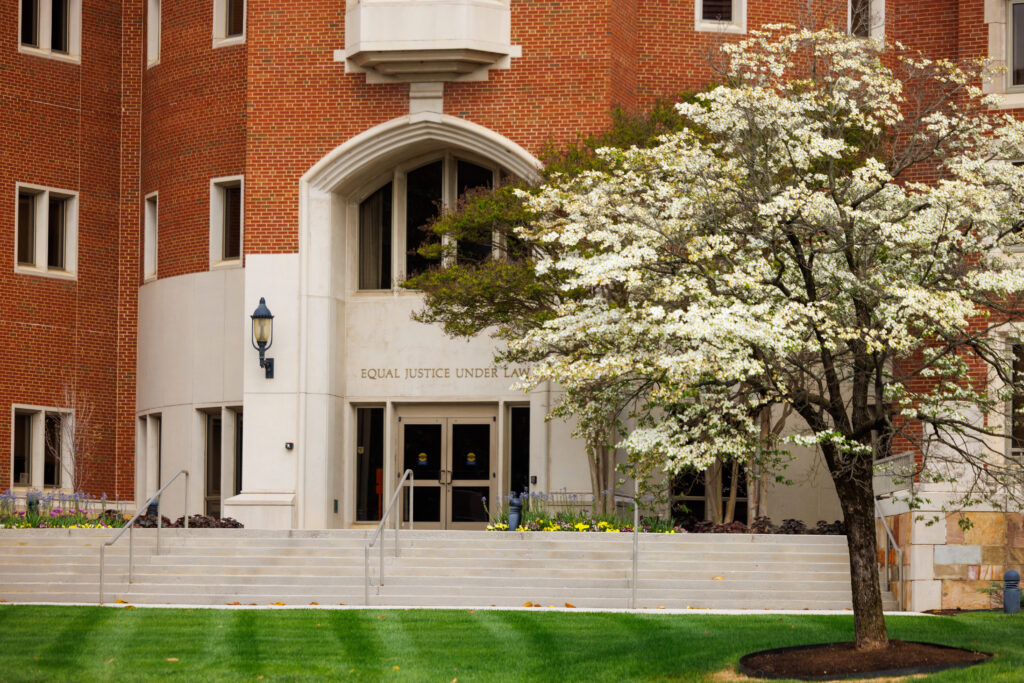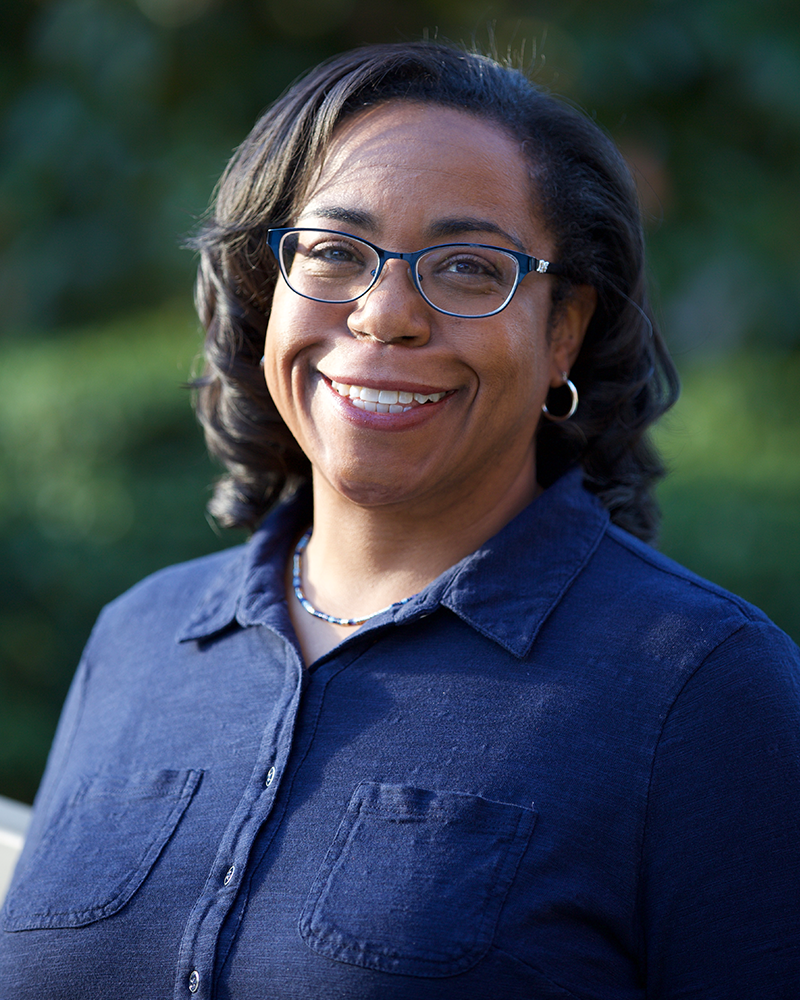
Teri Dobbins Baxter, Williford Gragg Distinguished Professor of Law, was named the recipient of the University of Tennessee L. R. Hesler Award for Excellence in Teaching and Service. Established to honor Dr. L. R. Hesler, the award recognizes faculty who are excellent professors and demonstrate a genuine interest in student success.
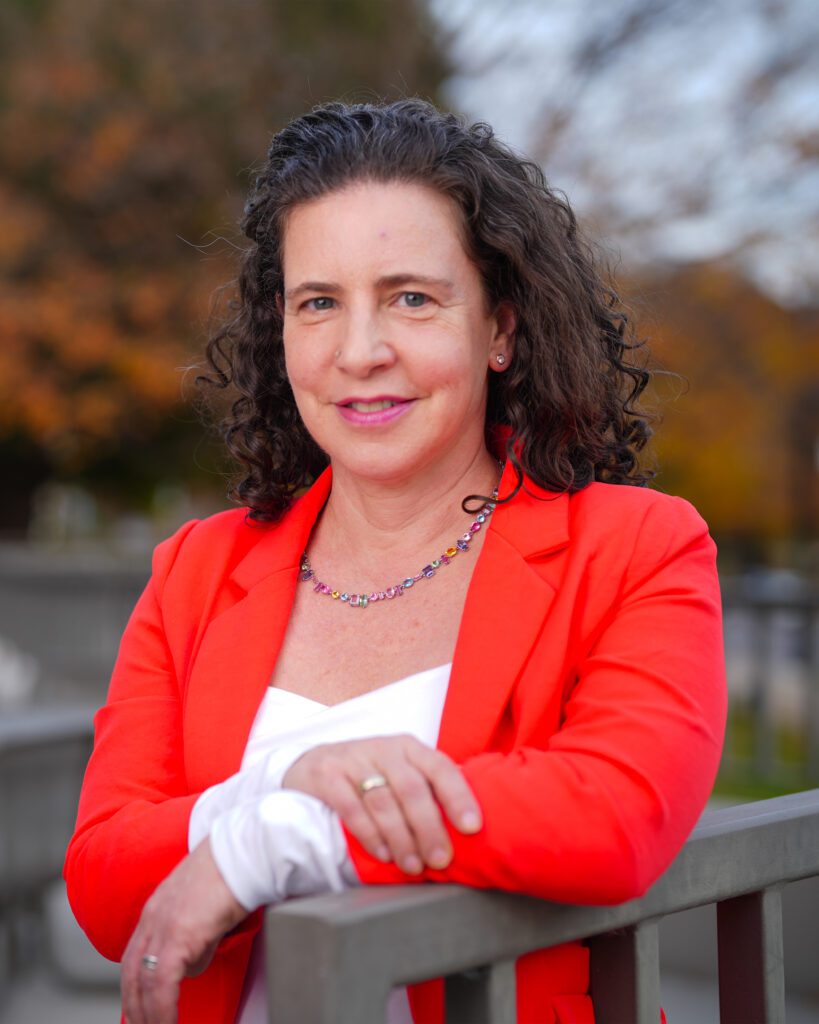
Wendy Bach, Co-Director, Appalachian Justice Research Center and Professor of Law, was quoted, and her Pregnancy Justice report entitled Pregnancy As a Crime: A Preliminary Report on the First Year After Dobbs was highlighted, in articles on CNN, Mother Jones, and The Guardian.

Valarie Blake’s, Professor of Law, expert witness work on wheelchair exclusions in health insurance was cited in a profile in the Los Angeles Times. The profile, published in August and entitled “Years after Lawsuit, Kaiser Will Pay for New Wheelchair for California Woman,” cited Blake’s expert report on private insurance and disability law.
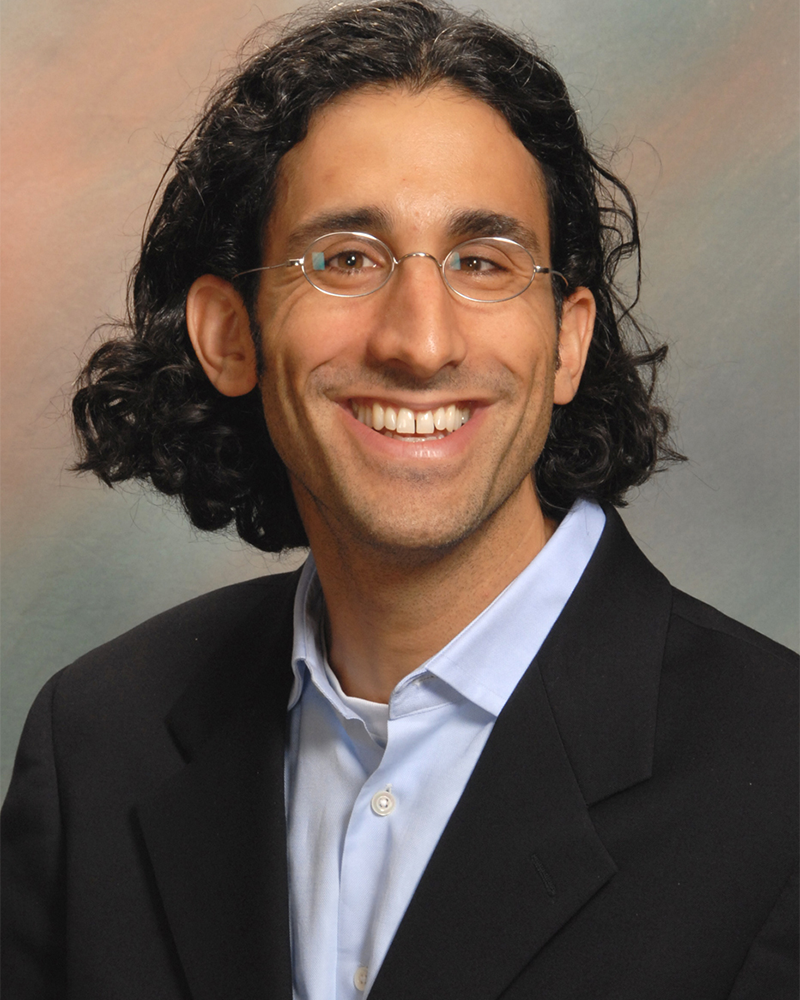
Robert C. Blitt, Woolf, McClane, Bright, Allen & Carpenter Distinguished Professor of Law, shared a work in progress, “Blessings for War: The Moscow Patriarchate’s Systematic Support for the Invasion of Ukraine & the Necessity of an Effective International Response,” at a conference sponsored jointly by the International Studies Association (ISA) and Central and Eastern European International Studies Association (CEEISA). Held at the University of Rijeka, Croatia, Blitt’s panel brought together invited scholars from around the globe to discuss the use of religion as a political force.
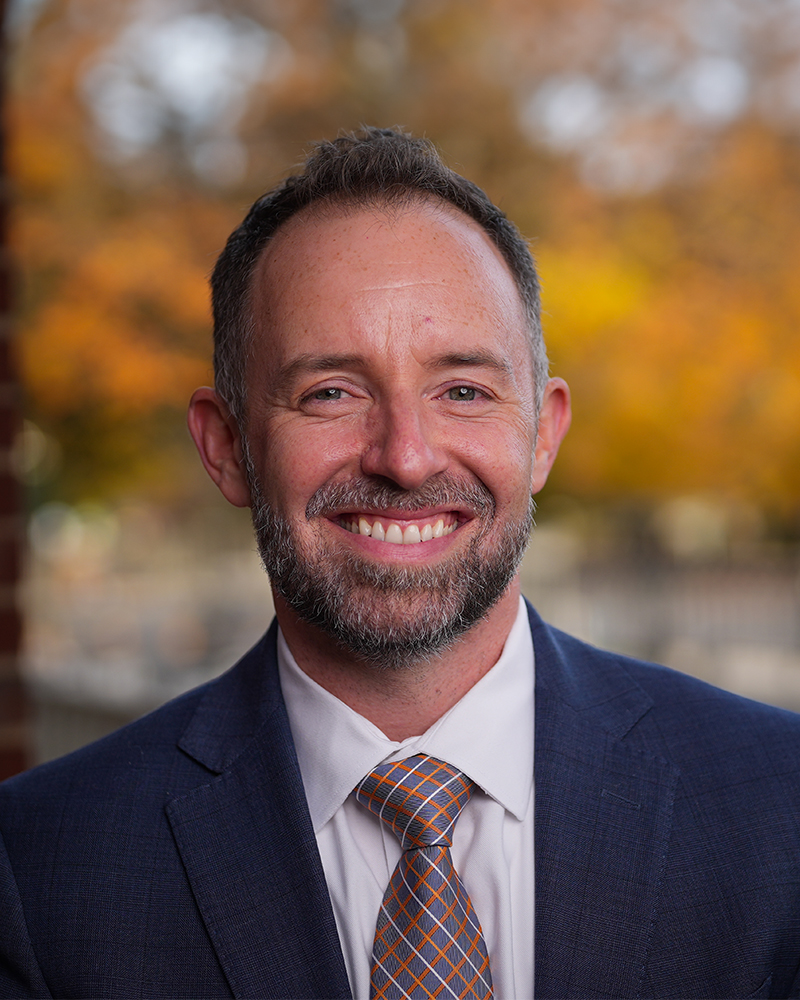
Zack Buck, Associate Dean for Faculty Development and Professor of Law, presented his work in progress, “Patients as Stakeholders,” as part of the Health Law Workshop at UCLA School of Law in Los Angeles, California, and as part of the Moritz Health Law Colloquium at the Ohio State University Moritz College of Law in Columbus, Ohio.
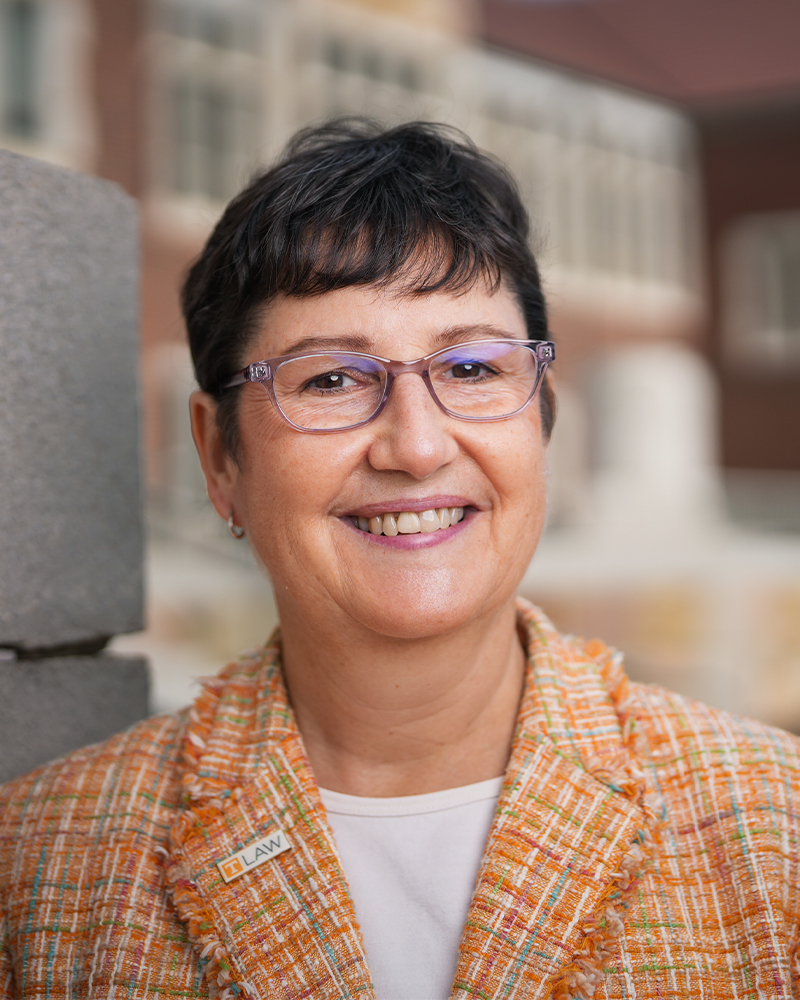
Joan MacLeod Heminway, Rick Rose Distinguished Professor of Law, was quoted in a Fortune article by Seamus Webster. The article, “Inside Elon Musk’s 23 active lawsuits,” categorized and summarized Elon Musk’s currently active litigation.
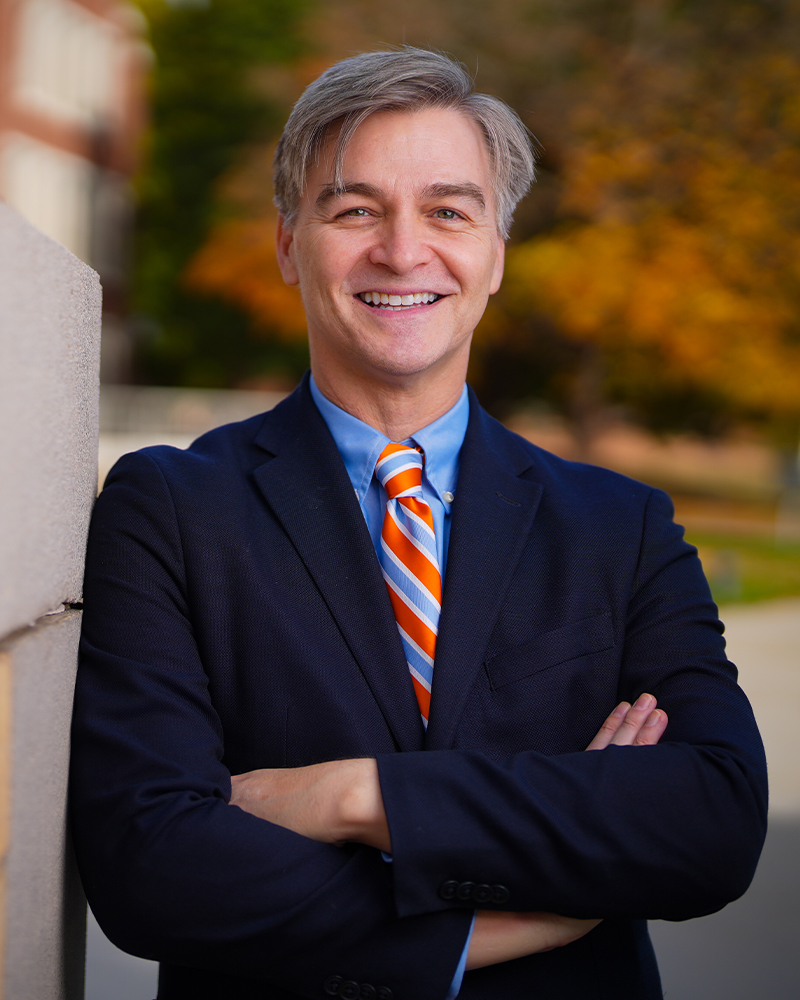
Michael Higdon, Associate Dean of Academic Affairs and W. Allen Separk Distinguished Professor of Law, was quoted extensively in an article in the Los Angeles Times entitled “California Settled the No-Fault Divorce Question Decades Ago: Why is it Back in the News?” The article focuses on criticisms some politicians have recently levied against the availability of no-fault divorce, including calls to abolish the practice.
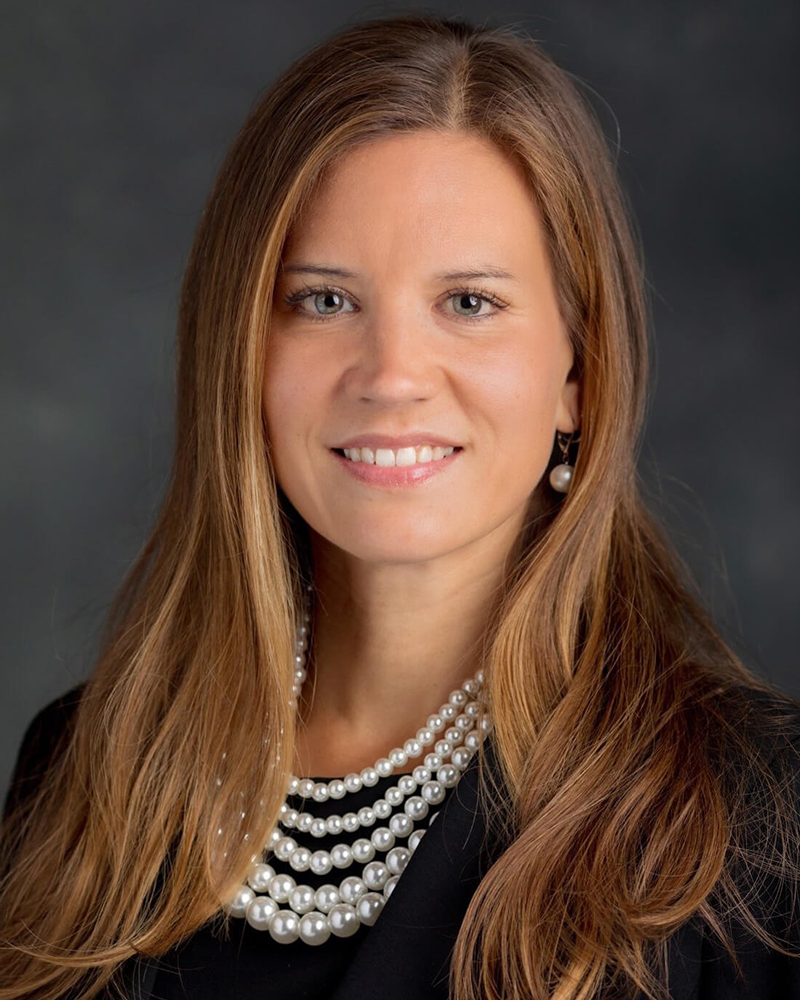
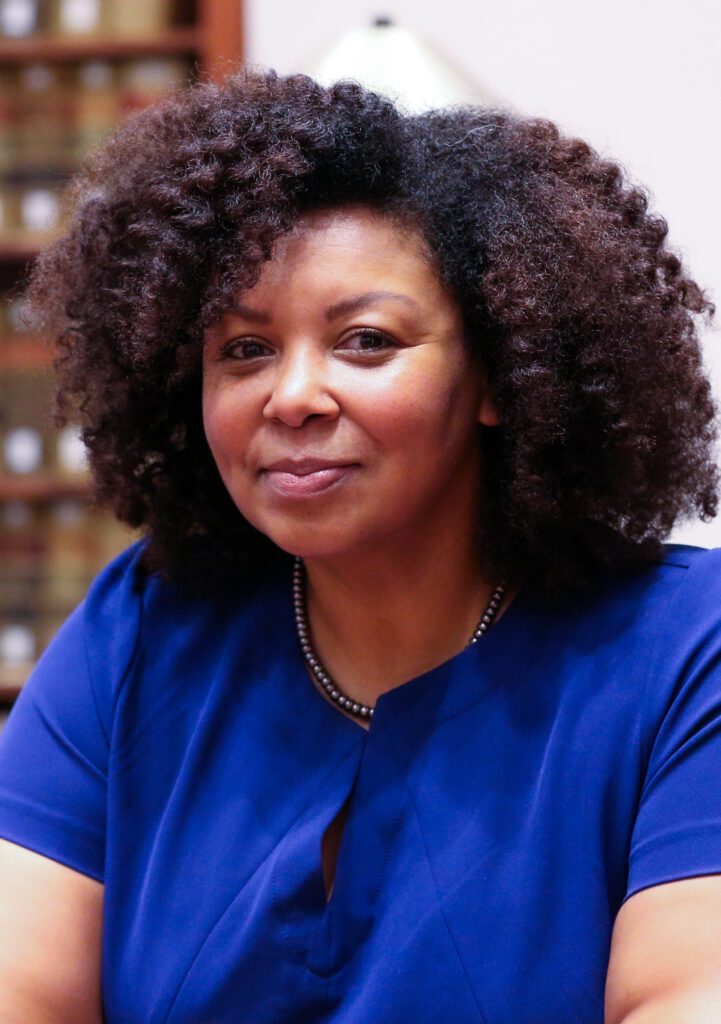

Lucy Jewel, Director of Legal Writing and Professor of Law; Kristina “KK” Kersey, Assistant Professor of Law; and Joy Radice, Director of Clinical Programs and Associate Professor of Law, presented at the SALT Teaching Conference hosted by Boston University Law School. Their presentation detailed how Tennessee Law’s incoming clinic students learn how to model cultural humility and avoid identity-related bias in the course of advocating for their clients. The professors explained how they teach students these difficult concepts through lively cases involving 1990s hip-hop group the 2 Live Crew and through hypotheticals that raise issues of bias and cultural competency in law practice.
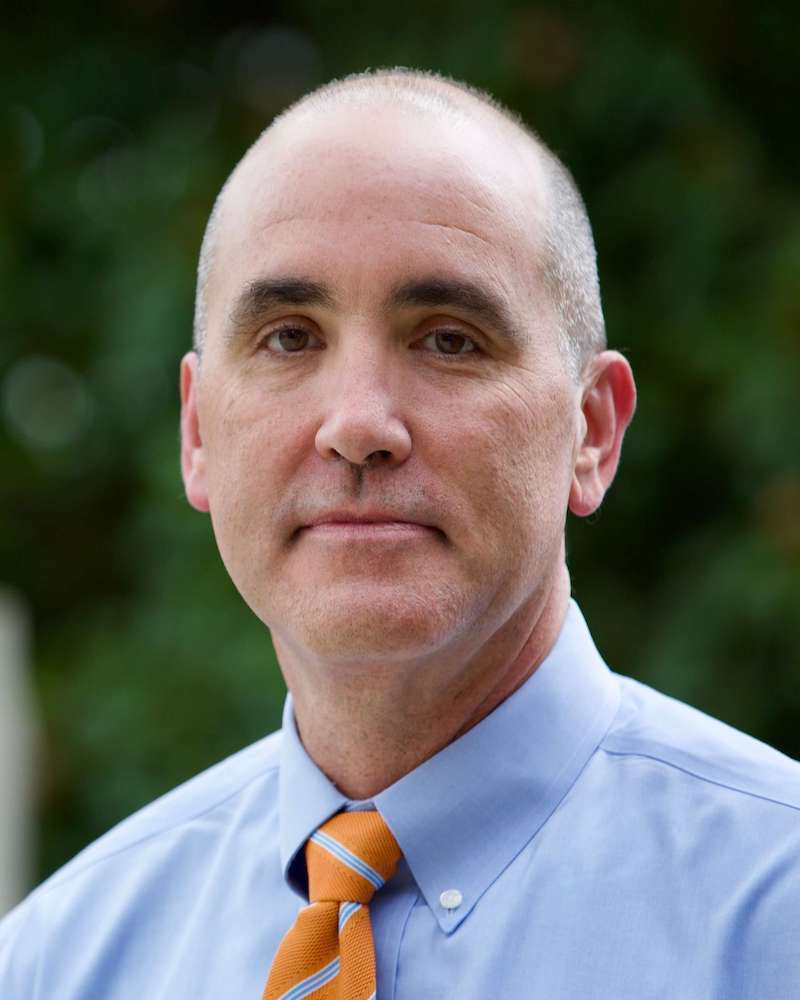
Alex Long’s, Williford Gragg Distinguished Professor of Law, book, Professional Wrestling and the Law, was recently published by McFarland Books. Its sales made it the #1 Sports Law book on Amazon this summer.

Joy Radice, Director of Clinical Programs and Associate Professor of Law, began her appointment as Chair of the Tennessee Supreme Court Access to Justice Commission.
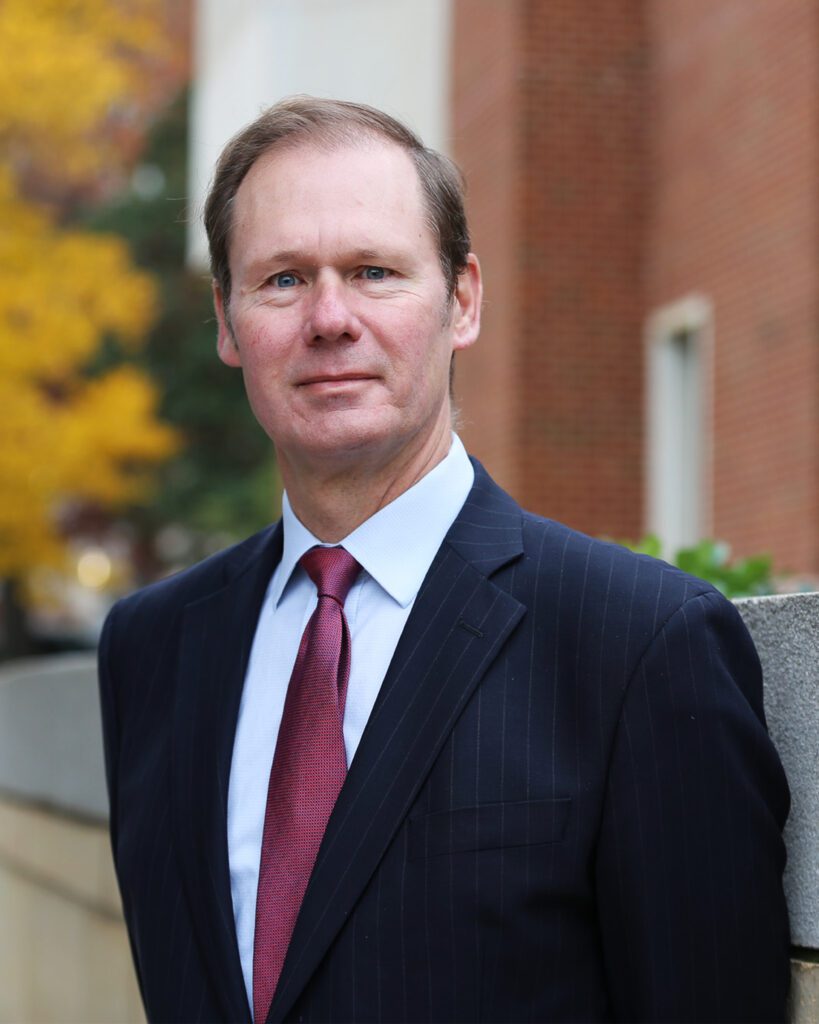
Maurice Stucke, Douglas A. Blaze Distinguished Professor of Law, was interviewed by Peter Coy, opinion writer of The New York Times, and was cited extensively in his article, “Amy Klobuchar Wants to Stop Algorithms From Ripping You Off,” published in The New York Times. He was also quoted in Roge Karma’s article from The Atlantic, “We’re Entering an AI Price-Fixing Dystopia” in August. In the piece, he outlines ways in which algorithms could fix prices that would be even more difficult to prevent or prosecute.
